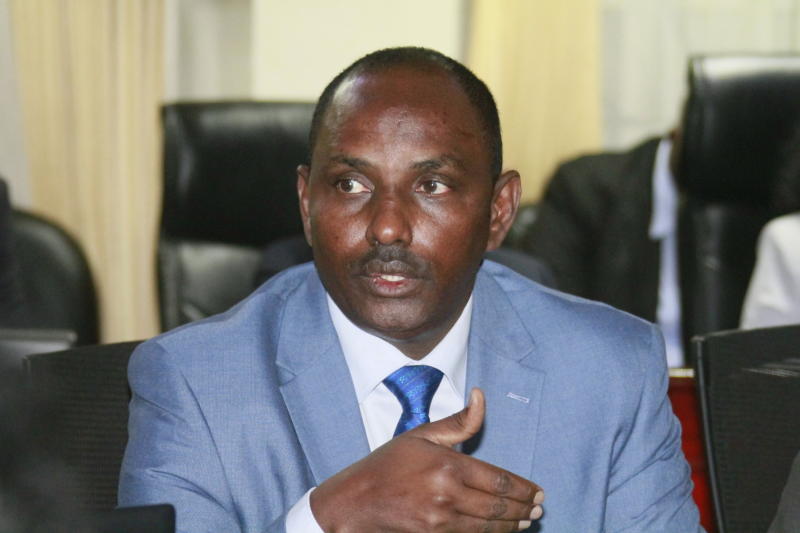×
The Standard e-Paper
Fearless, Trusted News

Kenya’s stock of debt increased by Sh158 billion in two months with the country owing creditors Sh6.16 trillion by the end of February.
Central Bank of Kenya (CBK) data shows that total public debt increased by less than two per cent from Sh6.05 trillion in last December.